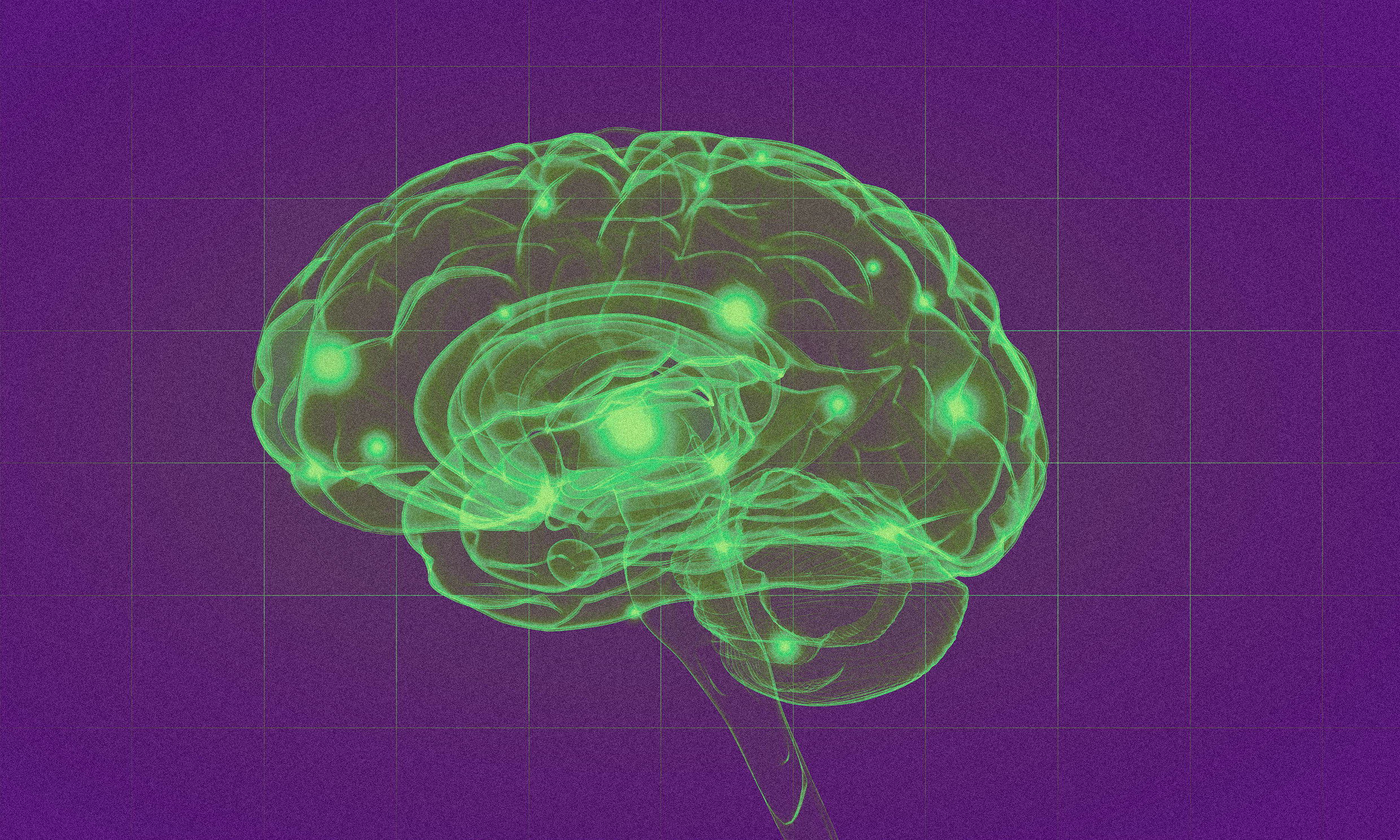
"ADHD is often mischaracterized by forgetfulness, impulsivity, and disorganization, while individuals with ADHD demonstrate exceptional creativity, resilience, problem-solving abilities, and hyper focus."
"Neurodivergent individuals excel in problem-solving, having developed unique solutions from a young age due to their different neurological processing."
"Adults with ADHD often experience Rejection Sensitivity Dysphoria, where they interpret ambiguous social cues as negative, leading to heightened sensitivity and anxiety."
"Communication is key when providing feedback to individuals with ADHD; explicit and balanced statements can mitigate misinterpretations, fostering a supportive environment."
ADHD is characterized by forgetfulness, impulsivity, and disorganization, but it also includes positive traits such as creativity and problem-solving strengths. Individuals with ADHD develop exceptional problem-solving skills from a young age due to their different neurological processing. They can often pick up on micro communications and subtle cues that others may miss. However, heightened criticism leads to Rejection Sensitivity Dysphoria in adults with ADHD, making them acutely aware of social cues, often negatively interpreting ambiguous interactions. Clear communication and balanced feedback are vital for creating supportive environments for these individuals.
Read at Fast Company
Unable to calculate read time
Collection
[
|
...
]